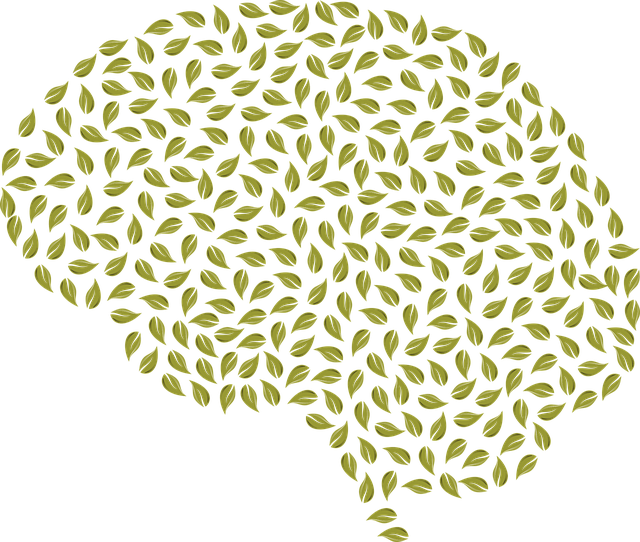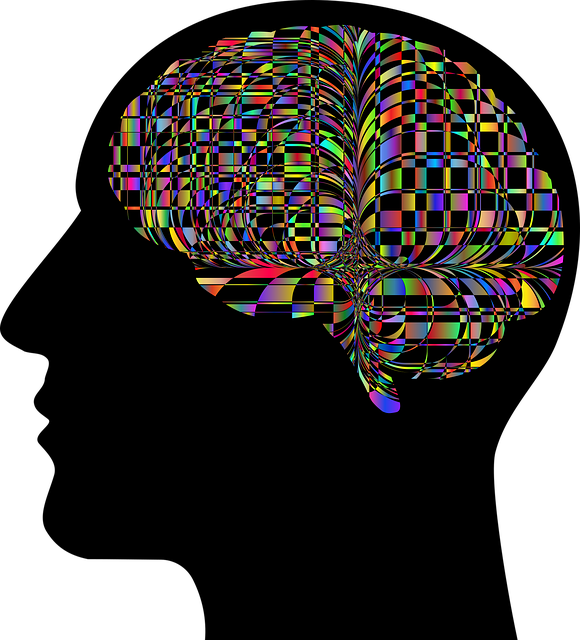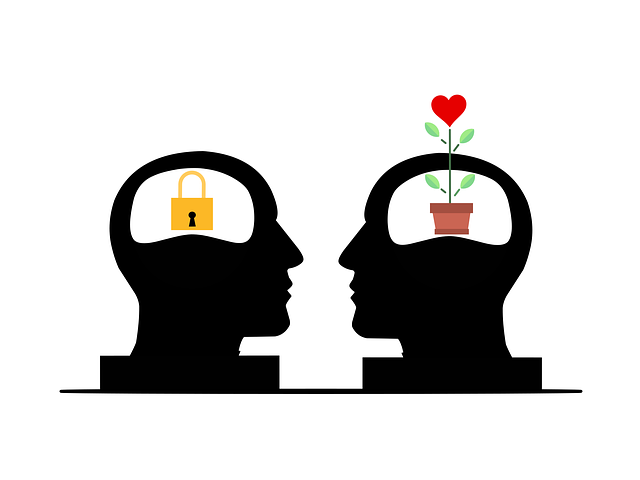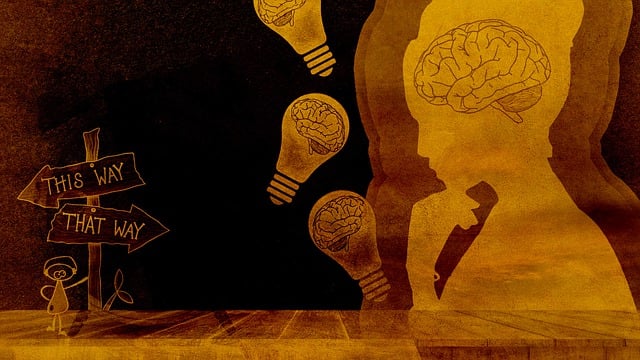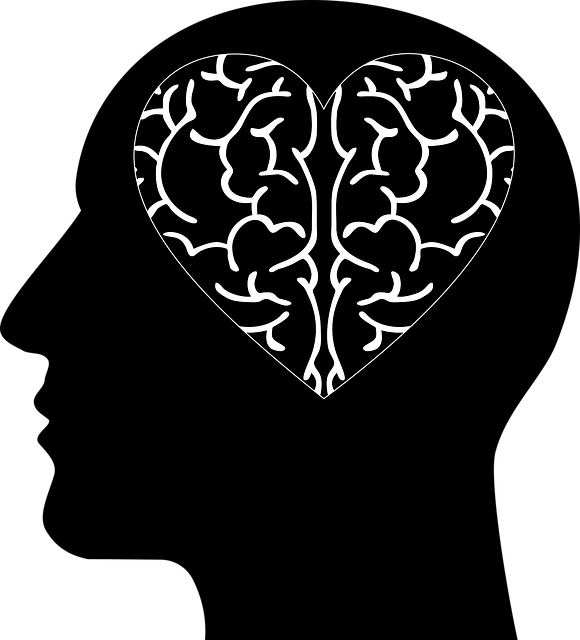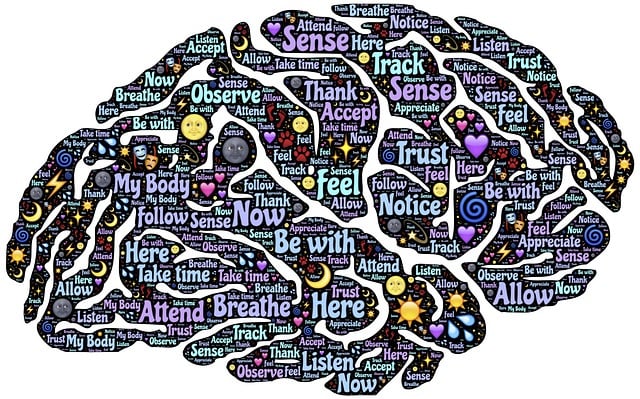Mental Health Policy Analysis emphasizes the importance of early emotional regulation skill-building for young adults through robust support systems, cultural sensitivity in mental healthcare, and public awareness campaigns. Therapy for Young Adults leverages Mental Health Evaluations using evidence-based tools like psychological questionnaires and clinical interviews to personalize self-awareness exercises and emotional healing processes. Techniques such as Cognitive Behavioral Therapy (CBT) and Crisis Intervention Guidance, combined with regular Self-Awareness Exercises, empower young adults to manage stress, anxiety, and intense emotions effectively, reducing the risk of severe mental health issues.
Emotion regulation techniques are essential tools for young adults navigating life’s challenges. This article explores effective strategies to manage emotions, focusing on therapy tailored for this demographic. We delve into the significance of mental health evaluations as a foundation for teaching these skills, ensuring personalized approaches. Understanding emotion regulation empowers young adults to cope with stress, anxiety, and other common mental health concerns. By combining evidence-based techniques with tailored support, we aim to enhance their overall well-being and resilience.
- Understanding Emotion Regulation for Young Adults
- The Role of Mental Health Evaluations in Teaching Techniques
- Effective Strategies for Regulating Emotions
Understanding Emotion Regulation for Young Adults

Emotion regulation is a vital skill for young adults to cultivate as they navigate the complexities of adulthood and personal development. For individuals seeking therapy, understanding and managing emotions effectively can significantly enhance their overall mental health and well-being. Mental Health Policy Analysis and Advocacy emphasizes the importance of early intervention and support systems in fostering healthy emotional regulation. By integrating these techniques into their lives, young adults can improve their ability to cope with stress, anxiety, and difficult emotions, thereby reducing the risk of more severe mental health issues.
Cultural Sensitivity in Mental Healthcare Practice plays a crucial role in teaching emotion regulation, as it ensures that interventions are tailored to individual needs and backgrounds. Public Awareness Campaigns Development can also contribute to empowering young adults by educating them on recognizing and expressing their emotions healthily. Through comprehensive Mental Health Evaluations, individuals can identify triggers and develop personalized strategies to regulate their emotions, leading to improved resilience and overall mental health outcomes.
The Role of Mental Health Evaluations in Teaching Techniques

Mental Health Evaluations play a pivotal role in teaching effective emotion regulation techniques for young adults. These evaluations provide a comprehensive understanding of an individual’s emotional state, triggers, and coping mechanisms by employing evidence-based tools like psychological questionnaires and clinical interviews. This process is akin to mapping out a landscape, identifying specific challenges and strengths within the realm of mental wellness.
Incorporating insights from these evaluations into therapy sessions allows therapists to tailor self-awareness exercises and emotional healing processes unique to each individual’s needs. For instance, a mental wellness podcast series production could feature topics like stress management strategies or mindfulness practices, directly addressing issues uncovered during the assessment. Such personalized approaches, rooted in thorough mental health evaluations, significantly enhance the effectiveness of teaching emotion regulation techniques for young adults navigating their emotional journeys.
Effective Strategies for Regulating Emotions

Emotion regulation techniques are essential tools for young adults navigating their mental health journey. Effective strategies include cognitive behavioral therapy (CBT), which helps individuals identify and challenge negative thought patterns contributing to emotional distress. By understanding the connection between thoughts, feelings, and behaviors, young adults can develop healthier coping mechanisms. Therapy for Young Adults often incorporates self-awareness exercises to promote mindfulness and emotional intelligence, enabling them to recognize and manage their emotions constructively.
Additionally, Crisis Intervention Guidance plays a vital role in teaching immediate strategies to de-escalate intense emotions during challenging situations. These techniques focus on deep breathing exercises, grounding practices, and cognitive reframing to help young adults regain a sense of control. Depression Prevention is also addressed through these teachings, fostering resilience against emotional turmoil. By integrating Self-Awareness Exercises into their routines, individuals can enhance their ability to navigate life’s stressors with increased emotional agility and well-being.
Emotion regulation techniques are invaluable tools for young adults navigating life’s challenges. By integrating these strategies into their repertoire, individuals can enhance their overall well-being and resilience. While mental health evaluations play a crucial role in tailoring specific techniques, self-awareness and practice are key to mastering emotional control. Investing time and effort in learning and applying these skills can lead to significant improvements in managing stress, anxiety, and related conditions, ultimately fostering healthier and more fulfilling lives for young adults seeking therapy.

